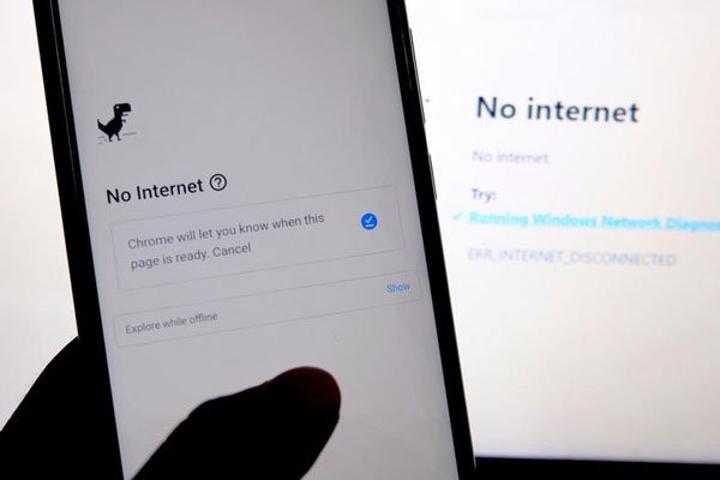Africa-Press – Uganda. The shutting down of the Internet affected Covid-19 response with testing for the virus in the country falling by more than half, according to the Health ministry’s statistics.
The government shut down the Internet on January 13 in the run up to the January 14 General Election. It was partially opened five days later.
Testing is important in determining whether someone is infected so that they are isolated to curb the spread of the virus.It also helps the health authority tell the incidence of the infections for purposes of evidence-based planning.
The statistics released by the Health ministry on Tuesday show that a total of 8,098 Covid-19 samples were tested in the six days stretching from January 13 to January 18.This is 9,798 less samples tested when compared to a total of 17,896 samples tested in the previous six days (January 7 to January 12) before the Internet shutdown.
Asked about the decline in testing, Prof Pontiano Kaleebu, the director of the Uganda Virus Research Institute (UVRI), explained that the Internet shutdown affected dissemination of results from laboratories and that this affected the interest of people to bring samples for testing because they would not receive the results.“The results are sent by email and to people’s phones through WhatsApp,” Prof Kaleebu said on Thursday.
He added: “During the time of Christmas and the time of elections, we got fewer people coming for testing. We saw the numbers decline. And then when the Internet was cut off, it caused more effects,” Prof Kaleebu told Daily Monitor in a phone interview.A total of 449 new cases were detected in the six days from January 13 to 18, according to the statistics.
However, the results that were posted by the Health ministry on Wednesday show that there was an improvement in the number of tests taken.
Up to 2, 480 samples were tested which is higher than the average of 1,350 samples that were being tested daily between January 13 to January 18. But it was still less than the 4,574 samples that were tested by January 7.






